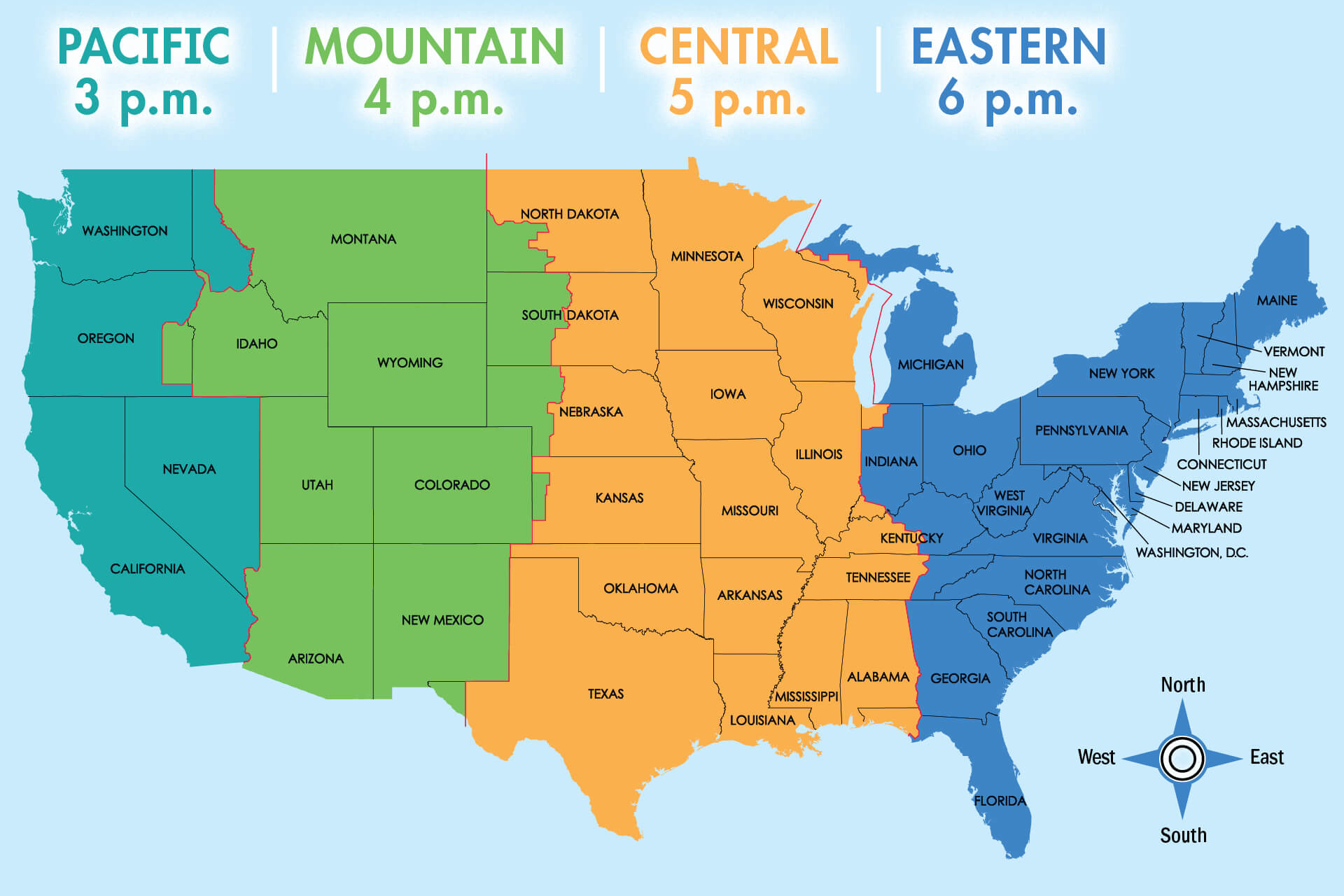Owner operator jobs offer a unique blend of independence and entrepreneurial spirit. This guide explores the multifaceted world of self-employment as an owner-operator, examining the various industries where this model thrives, from the familiar landscape of trucking to the diverse opportunities in construction and beyond. We will delve into the financial considerations, legal requirements, and marketing strategies essential for success, offering insights into daily operations, technological tools, and future career prospects.
Understanding the nuances of owner-operator work empowers individuals to make informed decisions about this rewarding yet challenging career path.
This comprehensive overview will equip aspiring and current owner-operators with the knowledge needed to navigate the complexities of running their own businesses. From initial startup costs and securing funding to mastering effective marketing and managing daily operations, we will provide practical advice and actionable strategies for success. We’ll also explore the legal and regulatory landscape, ensuring compliance and mitigating potential risks.
Ultimately, this guide aims to empower individuals to confidently pursue and excel in the dynamic world of owner-operator jobs.
Defining “Owner Operator Jobs”
Owner-operator jobs represent a unique employment model where individuals own and operate their own business, often providing services to larger companies or directly to clients. Unlike traditional employment, owner-operators are responsible for all aspects of their business, from securing contracts and managing finances to handling maintenance and marketing. This model offers a high degree of autonomy and potential for significant earnings, but also carries substantial risk and responsibility.Owner-operator roles are found across various industries, each with its own specific characteristics and challenges.
The common thread is the individual’s ownership and control over their operations, regardless of the specific service or product offered.
Characteristics of Owner-Operator Roles Across Industries
Owner-operator positions share some core characteristics regardless of industry. These include self-employment status, independent business management, direct responsibility for profit and loss, and significant investment of time and capital. However, the specific tasks and skills required vary widely depending on the industry. For example, a trucking owner-operator focuses on logistics and transportation, while a construction owner-operator might specialize in specific trades like plumbing or electrical work.
Both, however, must manage their finances, marketing, and maintenance independently.
Examples of Owner-Operator Positions
Several industries utilize owner-operators extensively.
Trucking: Owner-operators in the trucking industry own and operate their own trucks, often contracting with larger trucking companies to haul freight. They are responsible for maintaining their vehicles, securing loads, and managing their finances.
Construction: In construction, owner-operators might own and operate specialized equipment, such as excavators or cranes, or they may run smaller contracting businesses providing services like plumbing, electrical work, or carpentry. They are responsible for securing contracts, managing their crews (if any), and overseeing projects.
Other Sectors: Owner-operators can also be found in other sectors, including transportation (taxi, limousine services), delivery services (courier services), and even some aspects of agriculture (farming operations with independently owned equipment).
Comparison of Owner-Operator Jobs Versus Traditional Employment, Owner operator jobs
The key difference between an owner-operator and a traditional employee lies in the level of control and responsibility. Traditional employees work for a company, receiving a salary or wages in exchange for their labor. Owner-operators, on the other hand, are independent contractors who bear the risks and reap the rewards of their own business ventures. This translates to greater autonomy and earning potential but also greater financial responsibility and risk.
A traditional employee has a more predictable income and benefits package, while an owner-operator’s income is directly tied to the success of their business.
Pros and Cons of Being an Owner-Operator
The decision to become an owner-operator is a significant one, requiring careful consideration of both the advantages and disadvantages.
| Aspect | Owner-Operator | Traditional Employee | Notes |
|---|---|---|---|
| Income Potential | Potentially much higher | Generally capped by salary | Dependent on market demand and business acumen. |
| Autonomy | High degree of control over work | Limited autonomy, subject to employer’s directives | Flexibility in scheduling and work methods. |
| Financial Responsibility | Full responsibility for all expenses and debts | Employer covers most expenses, including benefits | Requires strong financial management skills. |
| Benefits | Typically no employer-provided benefits | Usually includes health insurance, retirement plans, etc. | Owner-operators must secure their own benefits. |
| Risk | High risk of financial loss | Lower risk, more job security (generally) | Income fluctuations and potential for business failure. |
| Taxes | Responsible for self-employment taxes | Employer withholds taxes | Requires understanding of self-employment tax regulations. |
Embarking on the journey of an owner-operator requires careful planning, dedication, and a proactive approach to business management. While challenges undoubtedly exist, the rewards of independence, financial control, and career progression make it a compelling career path for many. By understanding the financial implications, legal requirements, and marketing strategies involved, and by leveraging technology and building a strong network, aspiring owner-operators can significantly increase their chances of success.
This guide serves as a foundational resource, providing the knowledge and tools needed to navigate this dynamic and rewarding field.
Notice craigslist st louis mo for recommendations and other broad suggestions.



